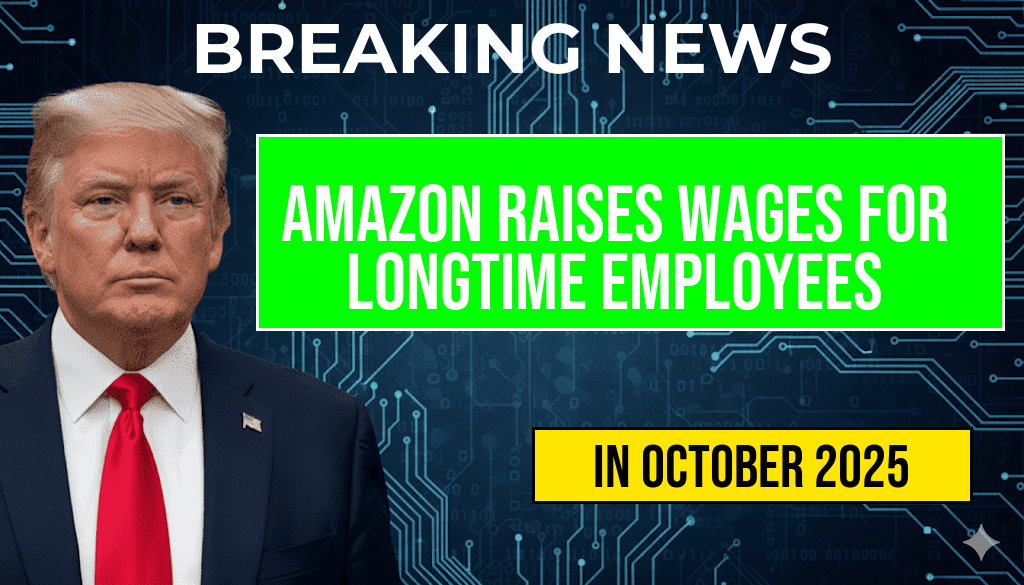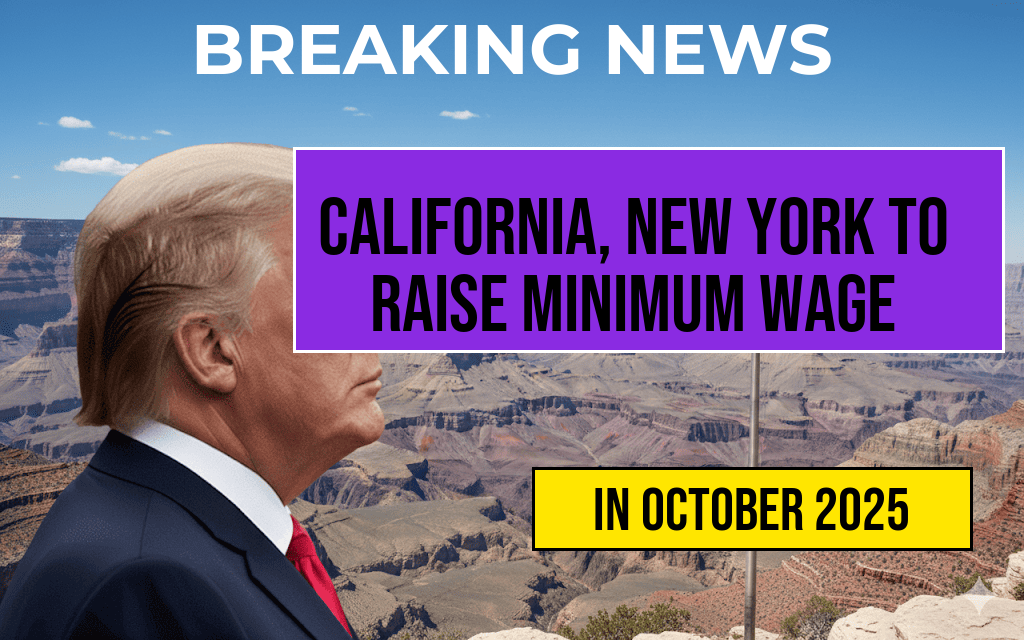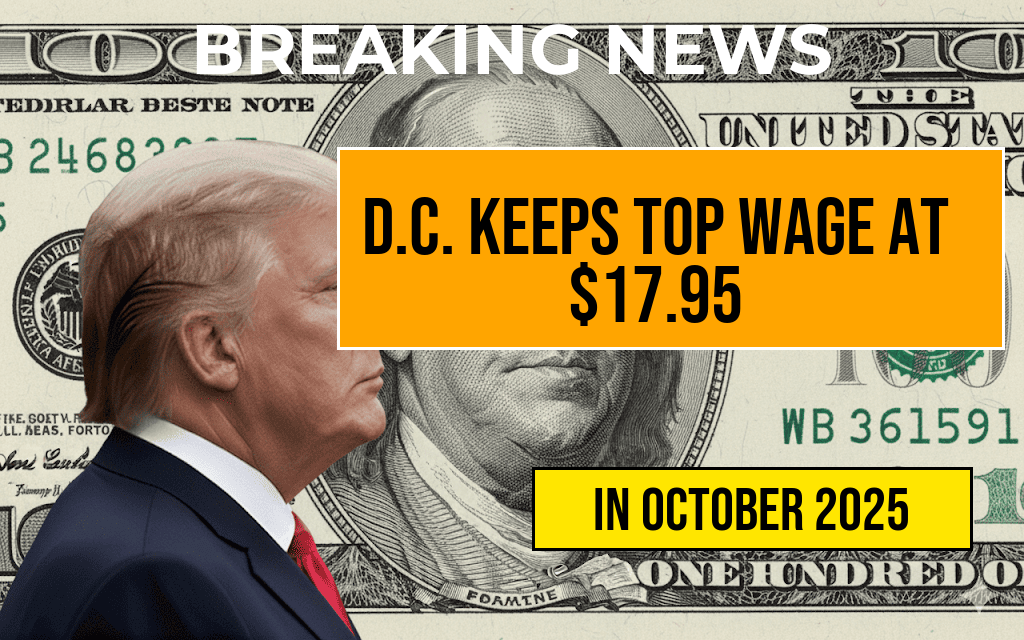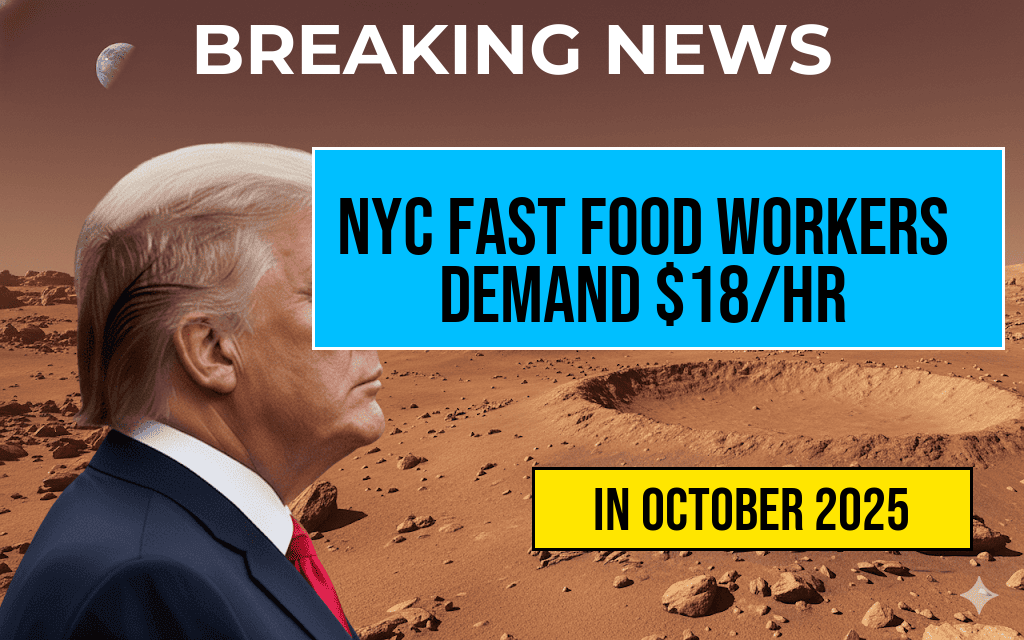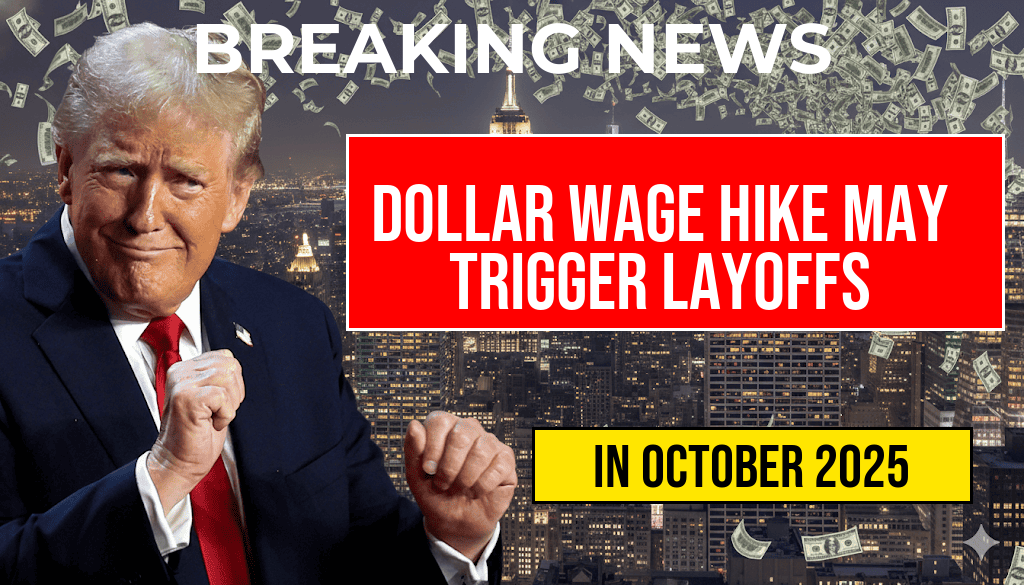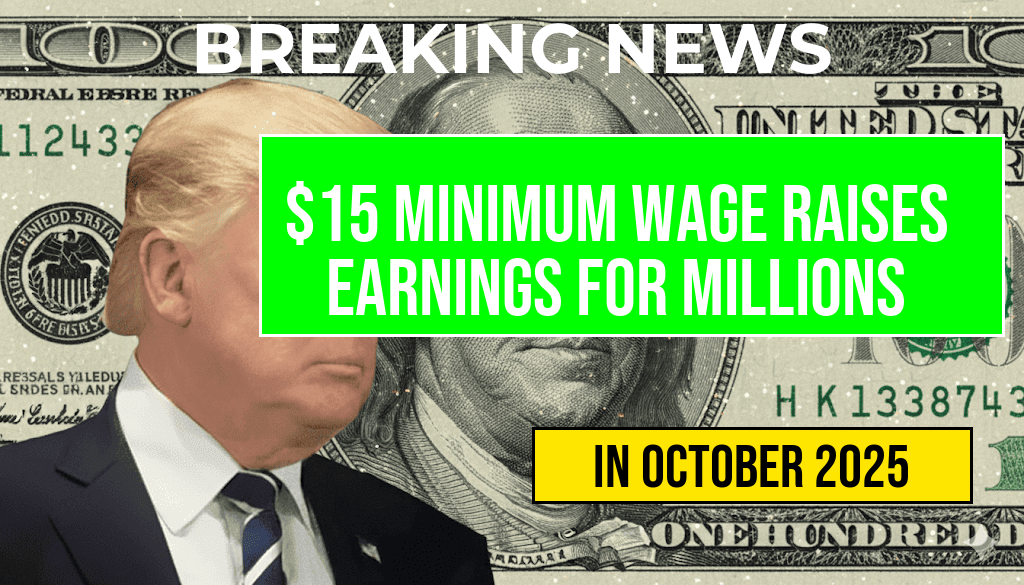Washington D.C. has solidified its position as the city with the highest minimum wage in the United States, maintaining a rate of $17.95 per hour as of 2024. This figure reflects recent legislative adjustments aimed at addressing the rising cost of living and ensuring fair compensation for workers across various sectors. The city’s proactive approach to wage policies underscores its commitment to economic equity, positioning it ahead of other major metropolitan areas. While some critics argue that such high minimum wages could impact employment levels and business growth, proponents emphasize the benefits of increased consumer spending and reduced poverty. This sustained high minimum wage also aligns with broader efforts across jurisdictions to combat income disparities and enhance living standards. As economic conditions continue to evolve, Washington D.C.’s wage policies remain a focal point for discussions on sustainable urban development and worker rights.
Legislative Framework Supporting D.C.’s Minimum Wage
Historical Context and Recent Changes
The District of Columbia has a longstanding history of progressive wage policies. The current minimum wage of $17.95 per hour was established through a combination of local legislation and periodic adjustments tied to inflation and cost of living indices. In 2022, city officials enacted a phased plan to incrementally raise the minimum wage over several years, with the goal of reaching $18.00 by 2025. These measures are designed to provide a gradual transition for employers and workers alike, ensuring economic stability while addressing wage gaps.
Legislative Initiatives and Advocacy
Local policymakers, labor unions, and advocacy groups have played a significant role in maintaining and increasing the minimum wage. Recent initiatives focus on expanding protections for tipped workers, ensuring minimum wage compliance for gig economy workers, and reducing exemptions for small businesses. The city’s wage laws are also aligned with the federal Fair Labor Standards Act (FLSA), although D.C. has exercised its authority to set higher standards to reflect local economic realities.
Impact on Workers and Business Environment
Economic Benefits for Employees
- Increased Purchasing Power: Workers earning the minimum wage are better equipped to afford housing, transportation, and healthcare, contributing to overall economic stability.
- Reduction in Poverty Levels: Studies indicate that higher minimum wages correlate with lower poverty rates, especially among low-income households.
- Improved Worker Retention: Competitive wages help reduce turnover, saving businesses costs associated with recruitment and training.
Business Response and Challenges
While many business owners support the wage increases, some express concerns about heightened labor costs, especially small enterprises operating with tight margins. The Washington D.C. Chamber of Commerce has called for ongoing discussions to balance fair wages with economic vitality. Despite these concerns, the city’s economic data suggests that the job market remains resilient, with employment rates steady and consumer spending continuing to grow.
Comparative Analysis with Other U.S. Cities
| City | Minimum Wage | Effective Date |
|---|---|---|
| Washington D.C. | $17.95 | 2024 |
| Seattle, WA | $17.28 | 2024 |
| San Francisco, CA | $16.99 | 2024 |
| New York City, NY | $15.56 | 2024 |
The chart illustrates how Washington D.C.’s minimum wage surpasses many other leading cities, reflecting local policies aimed at addressing urban economic challenges. While some states and cities have set statutory minimums approaching or exceeding $20, D.C.’s rate remains a benchmark for metropolitan wage standards.
Future Outlook and Policy Considerations
Potential Wage Adjustments
City officials have signaled that ongoing assessments will determine whether further increments are necessary. Economic indicators such as inflation, housing costs, and employment figures will influence future decisions. There is also ongoing debate about linking wage increases to broader economic performance metrics to ensure sustainability.
Broader Economic Implications
Maintaining a high minimum wage like D.C.’s aims to foster a more equitable economy, but policymakers must navigate the delicate balance between fair compensation and economic growth. The city’s experience could serve as a model for other jurisdictions contemplating similar wage policies, emphasizing the importance of tailored, data-driven approaches to urban economic management.
For additional insights into wage policies and economic development, visit Wikipedia’s page on minimum wage or review recent economic analyses from Forbes.
Frequently Asked Questions
What is the current minimum wage in Washington D.C.?
The minimum wage in Washington D.C. is currently set at $17.95 per hour.
How does Washington D.C.’s minimum wage compare to other states?
Washington D.C. maintains a leading position with one of the highest minimum wages in the country, surpassing many states and localities.
Are there plans to increase the minimum wage in Washington D.C.?
While specific future increases depend on local legislation, Washington D.C. has a history of regularly updating its minimum wage to reflect economic conditions and cost of living.
Who is affected by the minimum wage laws in Washington D.C.?
The minimum wage laws apply to most hourly workers in Washington D.C., including those in retail, hospitality, and service industries.
What are the benefits of a high minimum wage like Washington D.C.’s?
A high minimum wage helps improve living standards for workers, reduces poverty levels, and stimulates the local economy by increasing consumer spending.

